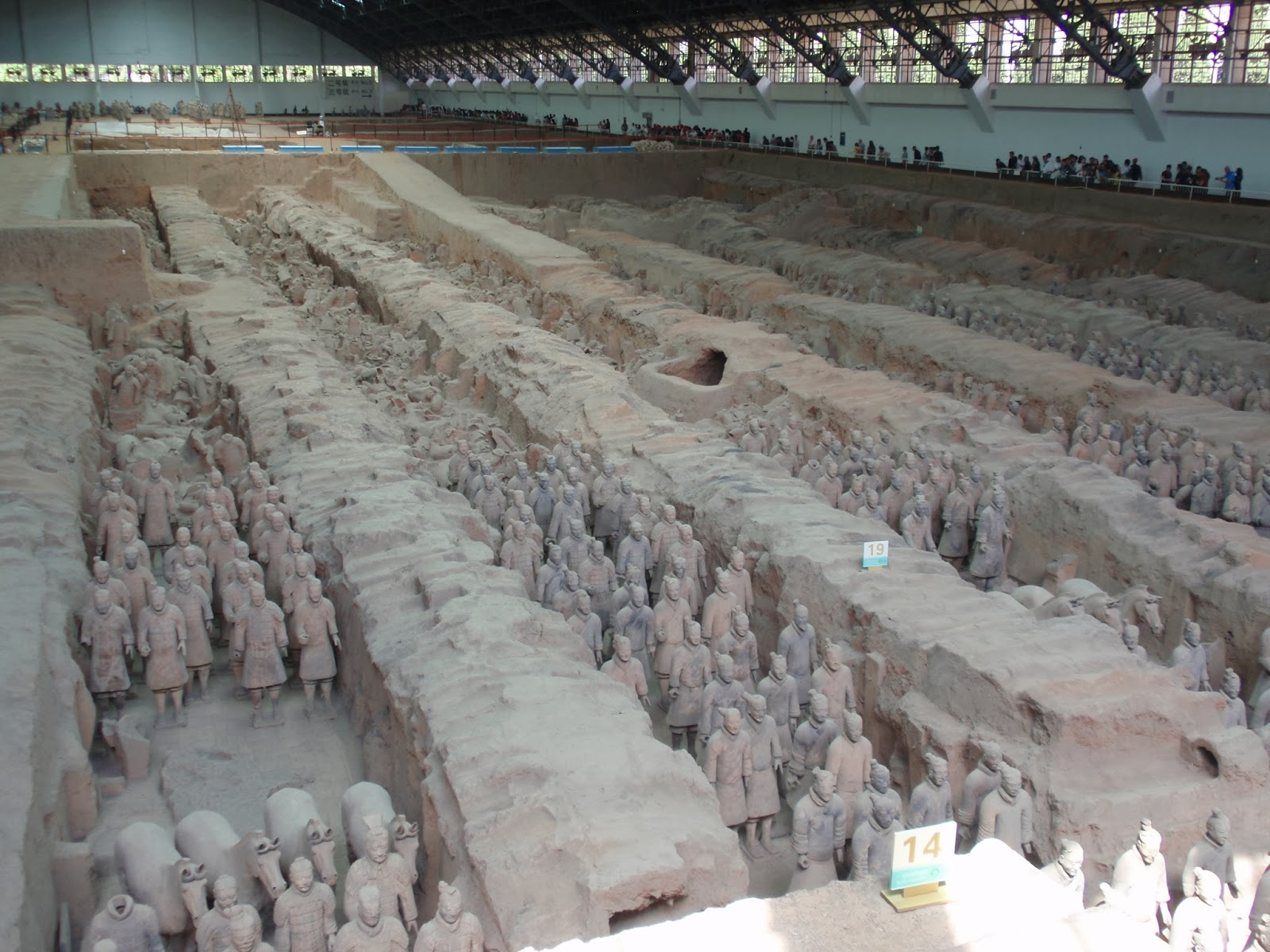By Kristy McCaffrey
Numbers
have long carried sacred and mystical significance, helping us to understand
our place in the world. For example, four thousand years ago the Sumerians
created the measuring system of time—60 seconds in a minute, 60 minutes in an
hour, 24 hours in a day. There’s debate about whether numbers originated in
China or India, but it’s fairly certain that they came before the use of
letters.
Numerology
is the belief in the mysterious, esoteric relationship between numbers and
living things, physical objects, ideas, and concepts. Each number has a
generally accepted definition.
0:
The nothing
1: Oneness
2: Duality
3: Spirit
4: Earth
5: Harmony
6: Marriage
7: Spirituality
8: Eternity
9: The limited and the limitless
10: Death and rebirth
Here
are a few famous numbers, along with positive and negative connotations
associated with each.
4:
A masculine number, symbolizing wholesomeness, organization and order. There
are four cardinal directions (north, south, east west), four evangelists
(Matthew, Mark, Luke and John), and four elements (earth, air, fire and water).
But in China the pronunciation of the word for the number four is similar to
that of the Chinese word for death. Therefore, many buildings in China skip a
fourth floor, just as U.S. builders sometimes omit floor 13.
13:
Long regarded as unlucky. The Kabbalah states that there are 13 spirits of
evil. It’s considered unlucky to have 13 people sit down to dinner, a reminder
of the Last Supper where Christ was betrayed by one of his 12 disciples. In the
Tarot deck, 13 is the number of Death. But, it’s not all bad. The calendar year
is divided into 12 months, but there are actually 13 lunar months, which led
the Mayans to revere the number. In ancient times, the 13th member
of a group was thought to be the leader—Zeus and the 12 gods and goddesses,
Christ and the 12 disciples, King Arthur and the 12 Knights of the Round Table.
17:
This number is almost universally important, a beneficial number representing
spirituality, immortality, rebirth, and transformation. The reasoning can be
found in the component elements. If you take 1+7 = 8, you have 1 (number of the
One God), 7 (number of completeness and perfection), and 8 (number of cosmic
balance and harmony). In Islam, it’s believed that the sacred name of God is
comprised of 17 letters. For this reason the number appears repeatedly in
Islamic tradition and folklore. In the Bible, the Flood is said to have begun
on the 17th day of the second month and ended on the 17th
day of the seventh month. Greeks still believe that the 17th day of
any month is a good day to cut wood to build a ship. But the naysayers include
both the Egyptians (Osiris, God of the Dead, was slain on the 17th
day of the month) and the Italians (rearranging the Roman numeral XVII can
create the word “VIXI”, translated from Latin to mean “my life is over”).
42:
Per Douglas Adams’ The Hitchhiker’s Guide
to the Galaxy, this is the secret of everything in the Universe. J
666:
Hexakosioihexekontahexaphobia is a fear of the number 666. In the Bible, the
number first appears as a reference to the amount of King Solomon’s wealth in
the First Book of Kings in the Old Testament. But the root of the dark
superstition surrounding the number comes from the Book of Revelation in the
New Testament. John the Apostle refers to 666 as “the number of the beast,”
often interpreted as the Antichrist, or Satan. But if numerology is employed,
6+6+6 = 18, which breaks down to 1+8 = 9. Nine is known as the number of man,
so one line of thought is that John referred to the “beast” as the material
part of man as opposed to the spiritual side. When 666 is spoken aloud in Chinese,
it sounds like the phrase, Things going
smoothly. It is one of the luckiest numbers in China and often appears on
banners and good-luck cards. In science, the number denotes Carbon-12, a stable
and naturally occurring isotope with 6 protons, 6 neutrons, and 6 electrons; it
forms 98.93% of the carbon on Earth.
On
the surface, numbers are simply a way to keep track of the world around us.
Beneath this definition lies a deep philosophical history surrounding the
symbolism of numbers, a belief that spans across time and cultures. Numbers are
sacred, defining the mystical and nature itself.
Works
Cited
Nozedar, Adele. The Element Encyclopedia of Secret
Signs and Symbols. Harper Collins, 2008.
















